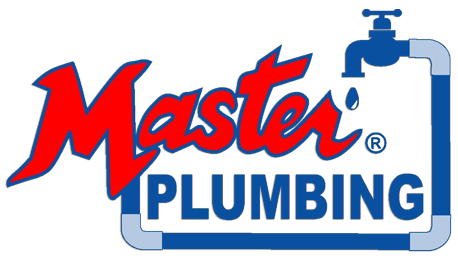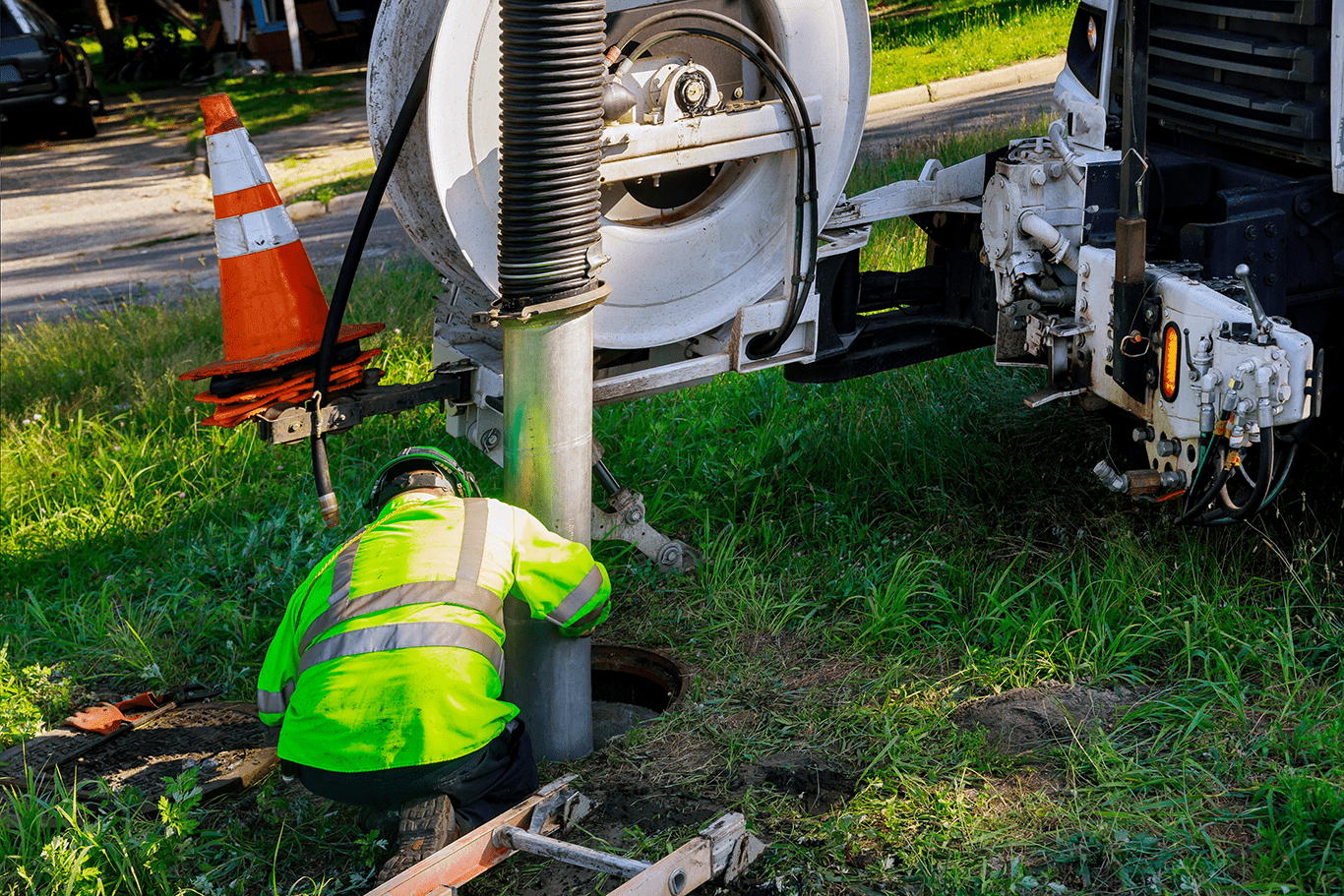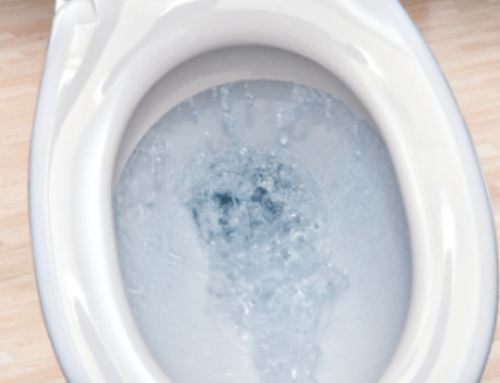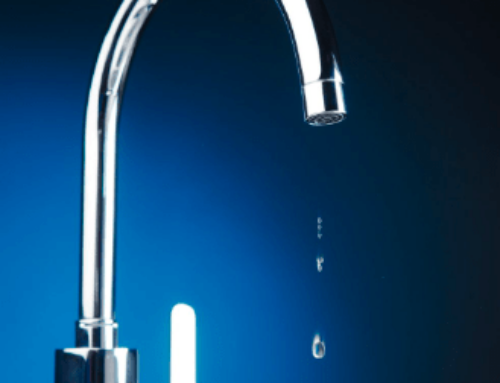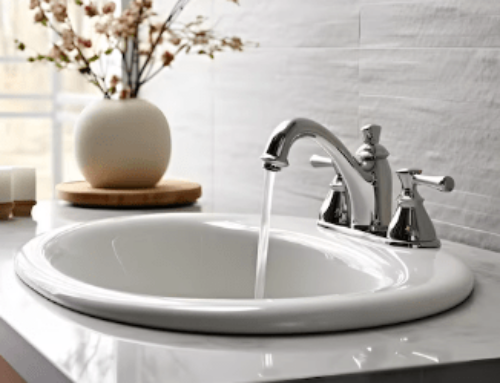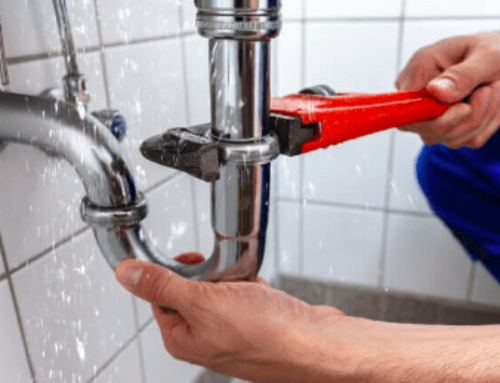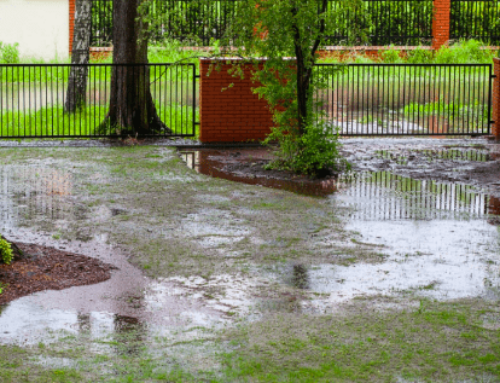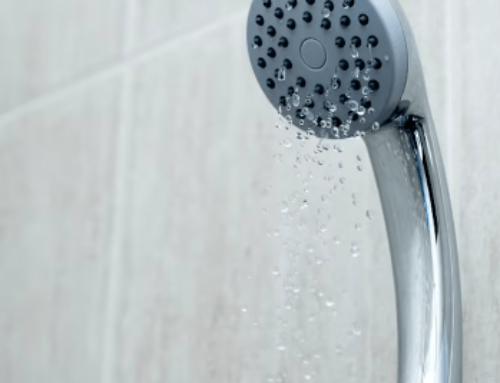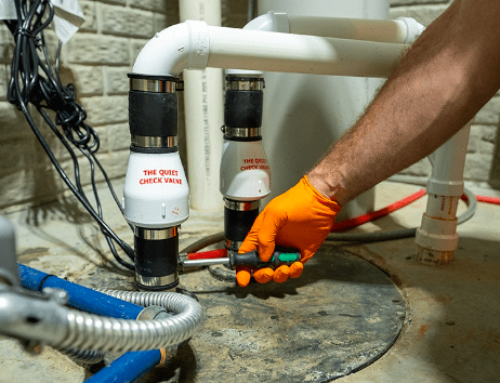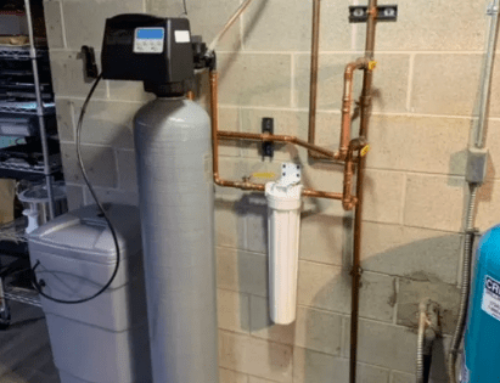You flush and it disappears – at least, that’s what you’re supposed to think. The reality of household waste is a little more complicated, something most of us don’t want to think about. But it’s important to know how your sewage and waste runs, no matter which system you have in your home. In this blog post, we’ll go over how both city sewer systems and septic systems work. We’ll discuss the pros and cons of each system, as well as signs of problems with each system. We’ll also provide tips for proper maintenance and care of your sewage and waste system.
City Sewer Systems
For those of us who live in cities with a municipal sewer system, our waste travels from our homes to a central location. This location is usually called the wastewater treatment plant, and it’s here that the waste is treated before it’s released back into the environment. The process of treating sewage and waste involves removing the solids, treating the wastewater with bacteria to break down the pollutants, and then finally releasing it back into a waterway.
The benefits of living in a city with a municipal sewer system are many. The biggest benefit is that your waste is treated before it’s released back into the environment. This means that you’re not putting untreated sewage and waste into our waterways. Additionally, most city sewer systems are very reliable – they rarely experience problems.
The downside of living in a city with a municipal sewer system is the cost of living in a city with a municipal sewer system is usually higher than living in a city with a septic.
Septic Systems
For those of us who live in rural areas or homes that are not connected to a municipal sewer system, we have septic systems. A septic system is basically an underground tank that collects household waste. The waste is then treated by bacteria and released back into the environment.
The benefits of having a septic system are that it’s usually much cheaper than living in a city with a municipal sewer system. Additionally, septic systems are very reliable – they rarely experience problems.
The downside of having a septic system is that your waste is septic systems require regular maintenance in order to keep them running properly.
Which is Better?
So, which is better – city sewer or septic? The answer to this question depends on your individual situation. If you’re concerned about the environment, then city sewer is the better option. If you’re concerned about cost, then septic is the better option. Additionally, if you’re not comfortable dealing with maintenance and repairs on your own, then city sewer is the better option. Ultimately, the best decision is the one that fits your individual needs.
Proper Maintenance and Care
No matter which system you have in your home, it’s important to practice proper maintenance and care. This includes regular cleaning of your septic tank or sewer line, as well as keeping an eye out for any problems. If you’re not comfortable doing this yourself, be sure to hire a professional to help you out. By taking care of your sewage and waste system, you’ll ensure that it runs smoothly for years to come.
How to Care for City Sewer Systems
City sewer systems are much easier to care for – all you have to do is make sure that your filters are clean and that there are no clogs in your sewer line.
Signs of a Problem
There are several signs that your sewage and waste system is not working properly. If you experience any of these signs, be sure to call a professional right away:
– Sewage or wastewater backing up into your home
– Gurgling noises coming from your drains or toilets
– Bad odor coming from your drains or toilets
– Water pooling around your outside drain
How to Care for Septic Systems
Septic systems require regular maintenance in order to keep them running properly. This includes cleaning the septic tank and inspecting the system for any problems.
Signs of a Problem
There are several signs that your septic system is not working properly. If you experience any of these signs, be sure to call a professional right away:
– Sewage or wastewater backing up into your home
– Gurgling noises coming from your septic tank
– Bad odor coming from your septic tank
– Water pooling around your septic tank
– Slow drainage from your sinks, showers, and toilets
– Toilet water is cloudy or has a bad odor
– Grass or plants growing abnormally near your septic tank or drain field
It’s important to understand how they work and the benefits and drawbacks of each type of system. By taking care of your septic system, you’ll ensure that it runs smoothly for years to come. If you’re not comfortable doing this yourself, be sure to hire a professional to help you out.
